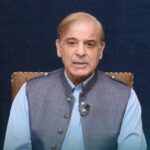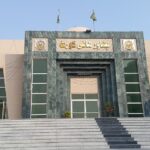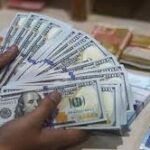ISLAMABAD, Nov 16 (APP): ‘Margalla Dialogue’ organized by the Islamabad Policy Research Institute (IPRI) began here on Wednesday that discussed economic decision-making in times of global crises in detail and stressed economic equality over economic security.
Addressing the forum, Minister of State for Finance Dr Aisha Ghaus Pasha said that Pakistan is focused on its long-term structural adjustment reforms and for a sustainable future, climate sensitive reconstruction needs to be done.
She said Pakistan needs to be committed to its International Monetary Fund (IMF) structural program and try to increase exports in new diverse markets. The minister said climate-resilient infrastructure development was of paramount importance.
Speaking on the occasion, IPRI’s Chair of Economic Security Dr Aneel Salman said that every report, policy and speech gives a narrative about economic security but first thought should be given to economic equality.
Director of the China Center for Special Economic Zone Research (CCSEZR) of Shenzhen University Dr Tao Yitao said that a majority of capital, technology and information is in hands of few nations with no central government and those who want to take advantage will have to manipulate the international politics by taking advantage of their hegemonic position.
Dean, College of International Studies, Shenzhen University, China Dr Dai Yonghong in his address said that Chinese traditional culture is profound with Taoism and “Taoism” also has strong applicability in today’s international society.
Chief Economist of South Asia, World Bank Hans Timmer while addressing the forum said that the international community was unprepared for climatic and financial shocks and South Asian economies are going through an existential balance of payments crisis. He also appreciated the role of Pakistan at the Sharm el-Sheikh Climate Change Conference (COP 27).
CEO and Founder of the New TRENDS Research and Advisory Dr Mohammed Abdullah Al Ali said that high inflation rates, supply chain issues and climate challenges are the greatest economic challenges of the global economy.
Global Head of Macro and Strategic Asset Allocation, Fidelity Dr Salman Ahmed said that climate change has impacted investment opportunities at a global scale and Pakistan needs a new economic model which incorporates structural and climatic changes.
Dean, of the Asian Institute of Technology, Thailand Dr Vilas Nitivattananon in his address said that carbon footprints need to be reduced in urban landscapes along with redesigning and planning of urban areas.







